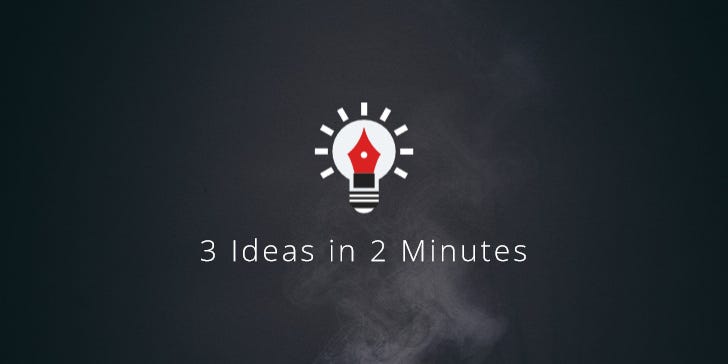I. Philia Nikia/Sophia
What’s your motivation for talking to people about a controversial issue? Greek philosopher Plato made the distinction between two incentives:
Philia Nikia, the love of victory: We search for the one argument that will prove our opponent wrong, show them the errors of their ways and defeat them. It is adversarial in nature.
Philia Sophia, the love of wisdom: We search for knowledge and truth, regardless of whether what we find contradicts our beliefs or proves others right. Hence the term philosophy.
II. Chmess
What if your love of wisdom goes overboard and you end up playing chmess? Chmess is like chess. With the exception that the king can move two squares instead of one. And the minor detail that no one’s playing it. The game was invented by philosopher Daniel C. Dennett to demonstrate the pointlessness of certain philosophical endeavours:
Many projects in contemporary philosophy are artifactual puzzles of no abiding significance, but it is treacherously easy for graduate students to be lured into devoting their careers to them, so advice is proffered on how to avoid this trap.
—Daniel C. Dennett, Higher-Order Truths About Chmess
In case you’re interested, I wrote about Dennett’s Chmess in an attempt to link it to the late David Graeber’s idea of Bullshit Jobs: Chmess: On Pointless Philosophy and Bullshit Jobs.
III. Street Epistemology
Street Epistemology is an approach that allows people to have non-confrontational conversations about deeply held beliefs. Epistemology is all about studying the nature of beliefs and our reasons for holding them. The “street” implies that these talks happen in everyday situations, not in the kind of high-brow academic setting Dennett criticised.
Developed by philosopher Peter Boghossian, Street Epistemology draws heavily on the Socratic method. Rather than talk at the other person to convince them of your viewpoint, you listen and ask questions. Together you explore their reasoning for holding a belief in a non-judgmental way.
You guessed it. I wrote about that, too, in Spectrum Street Epistemology: How to Be Less Wrong. 🐘
Have a great week,
Chris
themindcollection.com
P.S.: My article with 12 Short Anecdotes That Entertain and Enlighten is now available on the blog.


